“Motorsport, in particular Formula 1, never stands still,” writes Anthony Carter, in the foreword of this sumptuous new book titled Gasoline and Magic. And he’s got a point. While donning the rose-tinted glasses and dwelling on the halcyon days might evoke some good old-fashioned nostalgia, we mustn’t forget that motorsport has moved on enormously, not least in terms of safety, and for that we must be thankful. Looking back, however, it’s all too easy to reminisce about the charm, romance and atmosphere of days gone by, particularly when contrasted with today’s corporate machine.
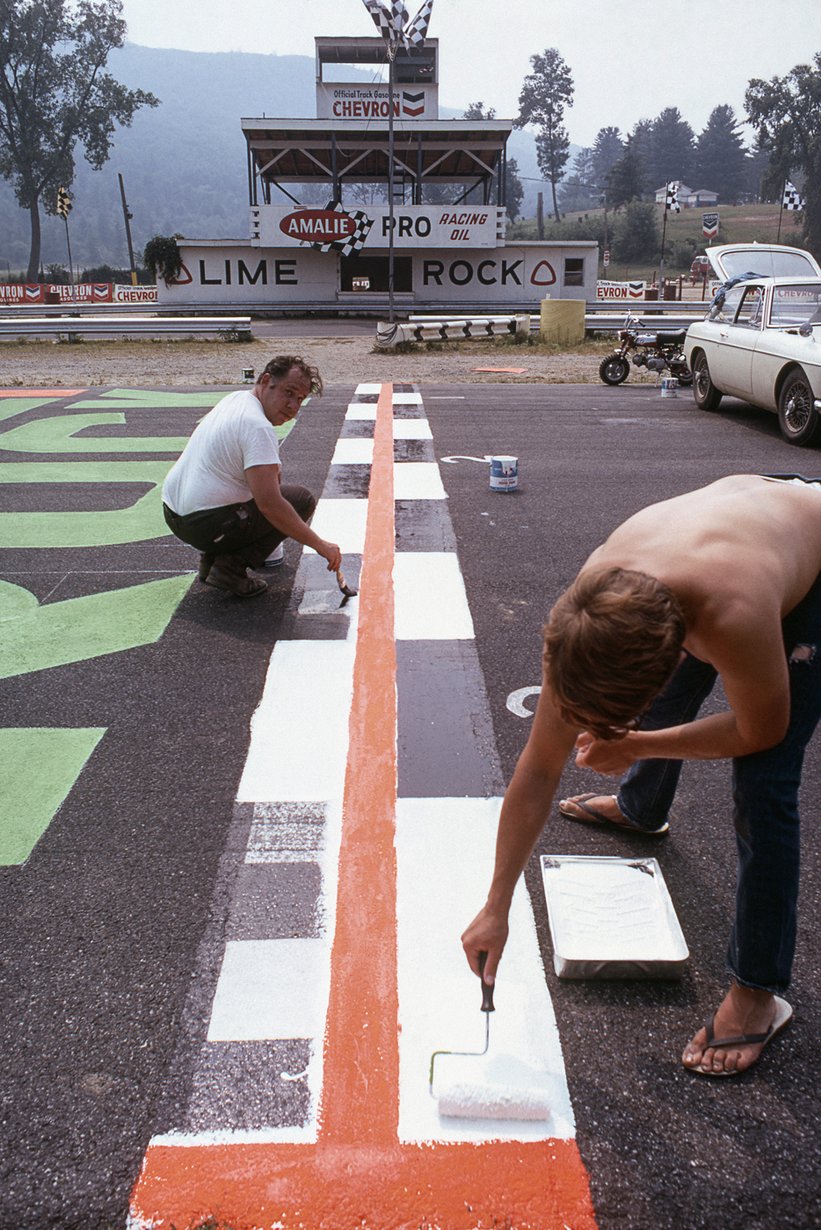
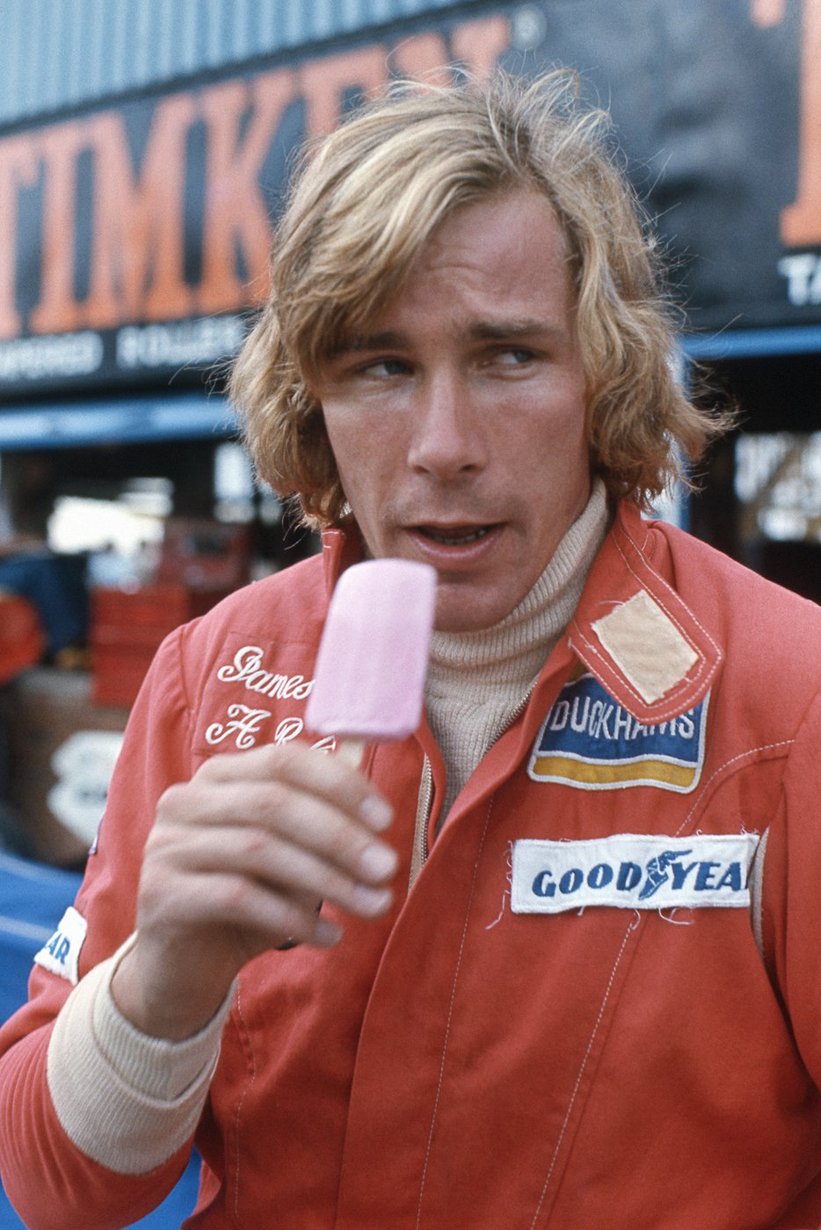
Gasoline and Magic comprises photographs from the archives of Thomas Horat, a Swiss filmmaker and collector who spent years compiling and labelling thousands of amateur photographs from collections across the globe. Of those chosen to feature in this book, most have never been published before, and collectively they tell the story of the evolution of motor racing from the 1950s, with such heroes as González and Moss, through to the turbocharged chaos of the 1980s. While the amateurism is tangible, thought has clearly gone into the composition of these photos, and the result is profoundly fascinating.
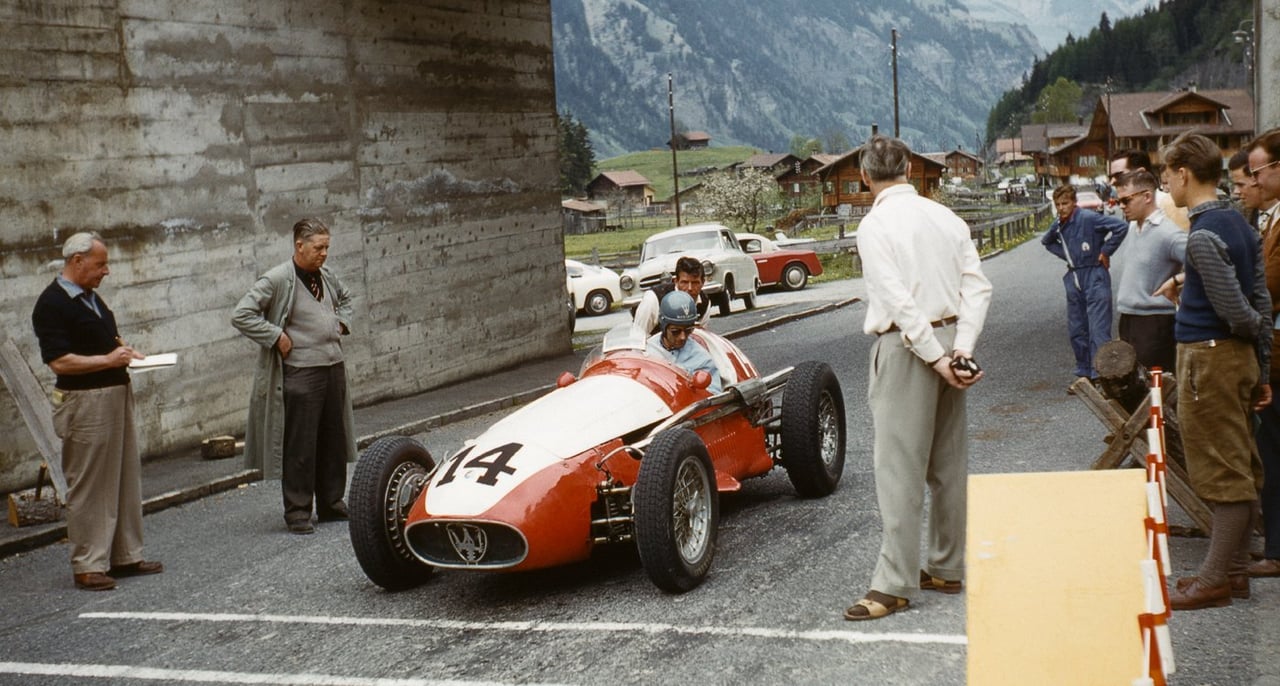
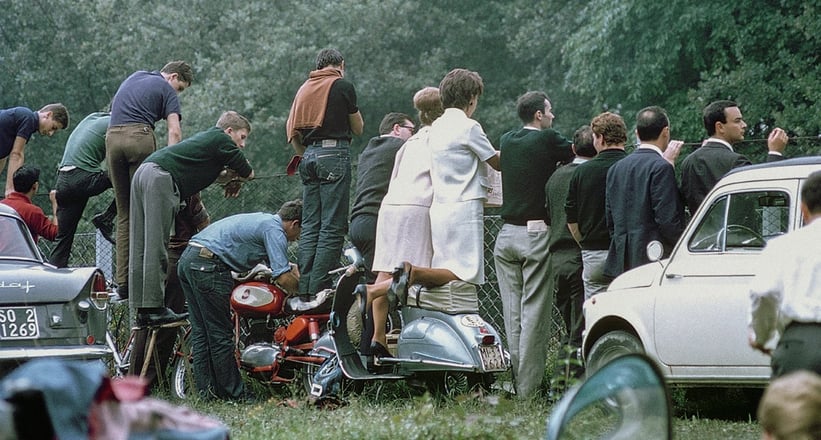
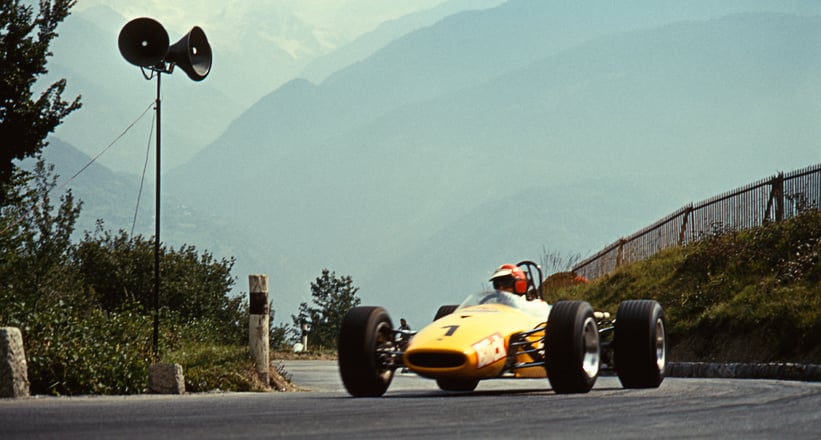
This was a time when motorsport was more than just sport – it was fashion and art; it was popular culture. The men charged with driving the perilous machines were more than robots, keen to refrain from divulging their true personalities. They were characters, each with their own distinct personality, be it the unadulterated coolness of Paul Newman, James Hunt’s carefree abandon, or Gilles Villeneuve’s coyness outside the car but ruthlessness when he was in it. Many were renegades, in the game as much for the enjoyment and the social side (and the women?) as for the money.
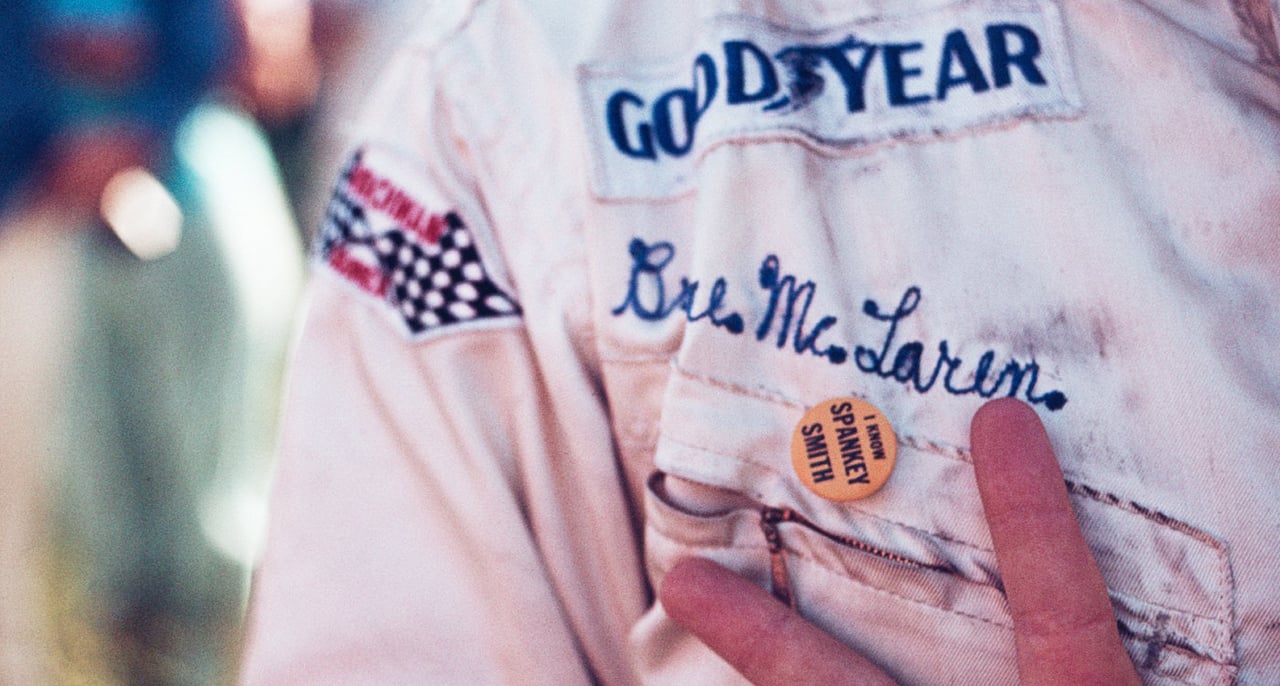

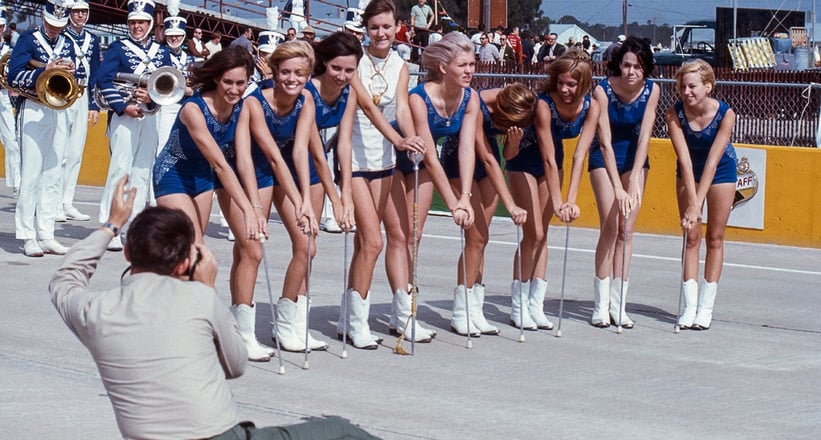
For Nico Hülkenberg to have won Le Mans on his weekend off Formula 1 duties earlier this year might seem unusual today, but this was the done thing in the 1950s and 1960s. Just look at Jim Clark’s epic career, in which he raced in almost every discipline of motorsport concurrently, be it rallying, sports cars, Indy Cars, or Formula 1.
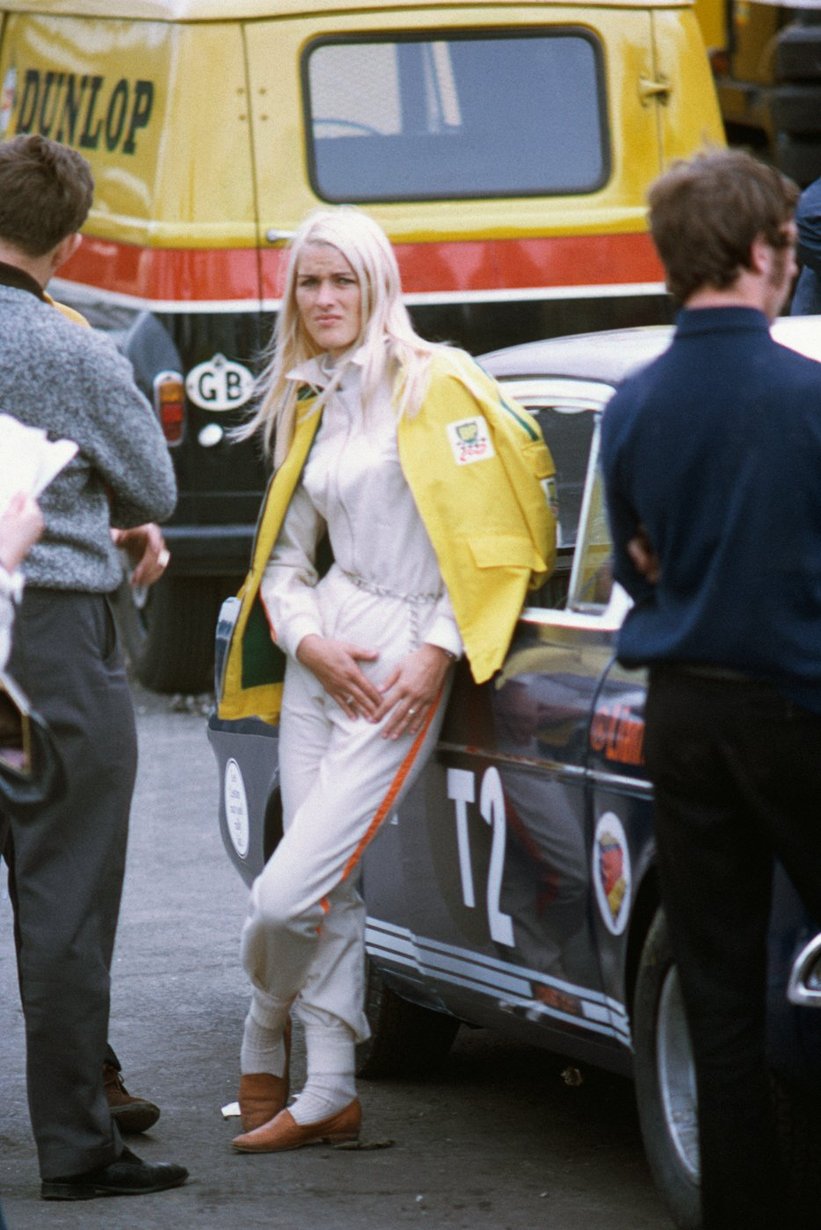
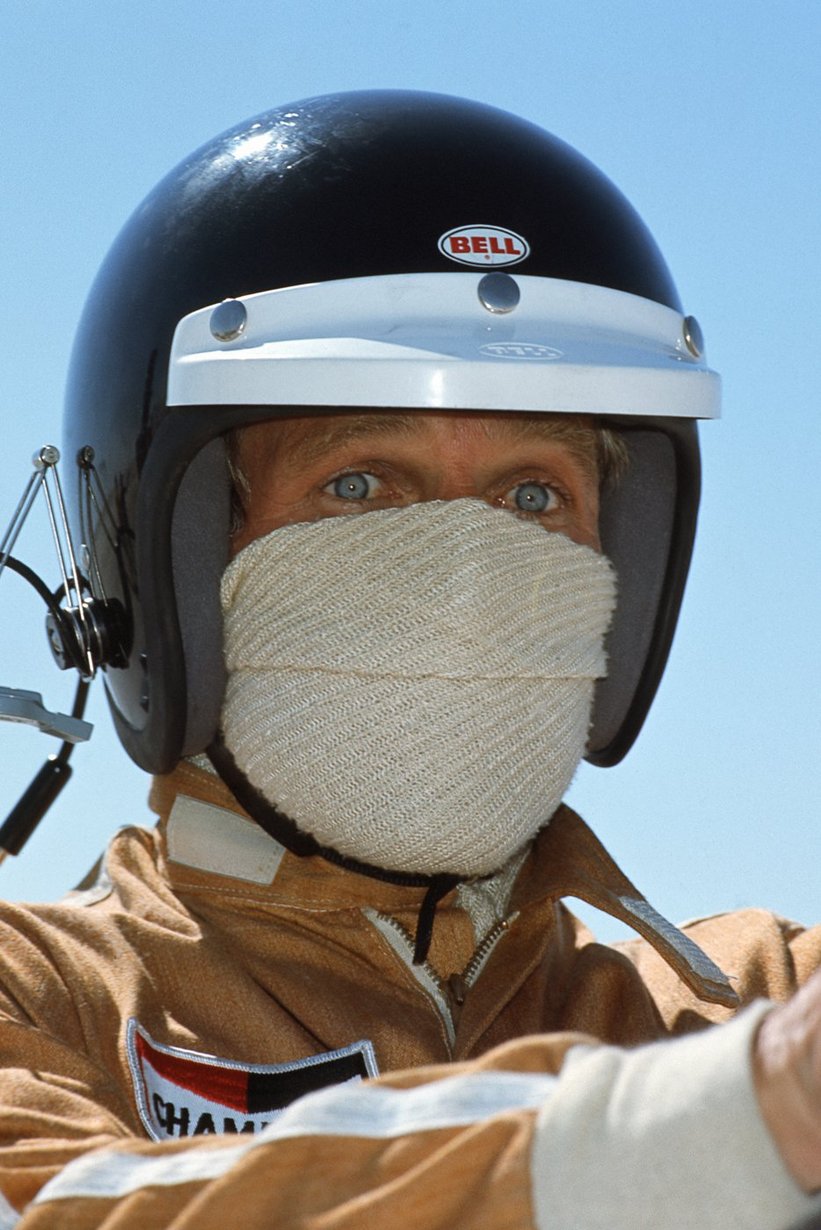
Gone are the days of access-all-areas, and of being able to view the sport seemingly from inside the bubble, as these intimate photos demonstrate. Carter’s anecdotes about his experiences on the motorsport circuit are fantastic, too, and seem far-fetched in today’s world of hospitality suites and sponsor appearances. Like the time he happened on the Matra Formula 1 garages while exploring the small villages surrounding Rouen in 1968. Naturally, he hung around, and his patience was rewarded when Jean-Pierre Beltoise strutted in, fired up the sonorous V12, and proceeded to drive the several kilometres to the circuit on the public roads. Or when he bumped into a sharply suited Juan Manuel Fangio at the Nürburgring not once but twice after he’d won the German Grand Prix – “I felt like I knew this man!” he says. And when was the last time you saw a shirtless man in flip-flops painting the start-finish line onto the track an hour or two before a Grand Prix?
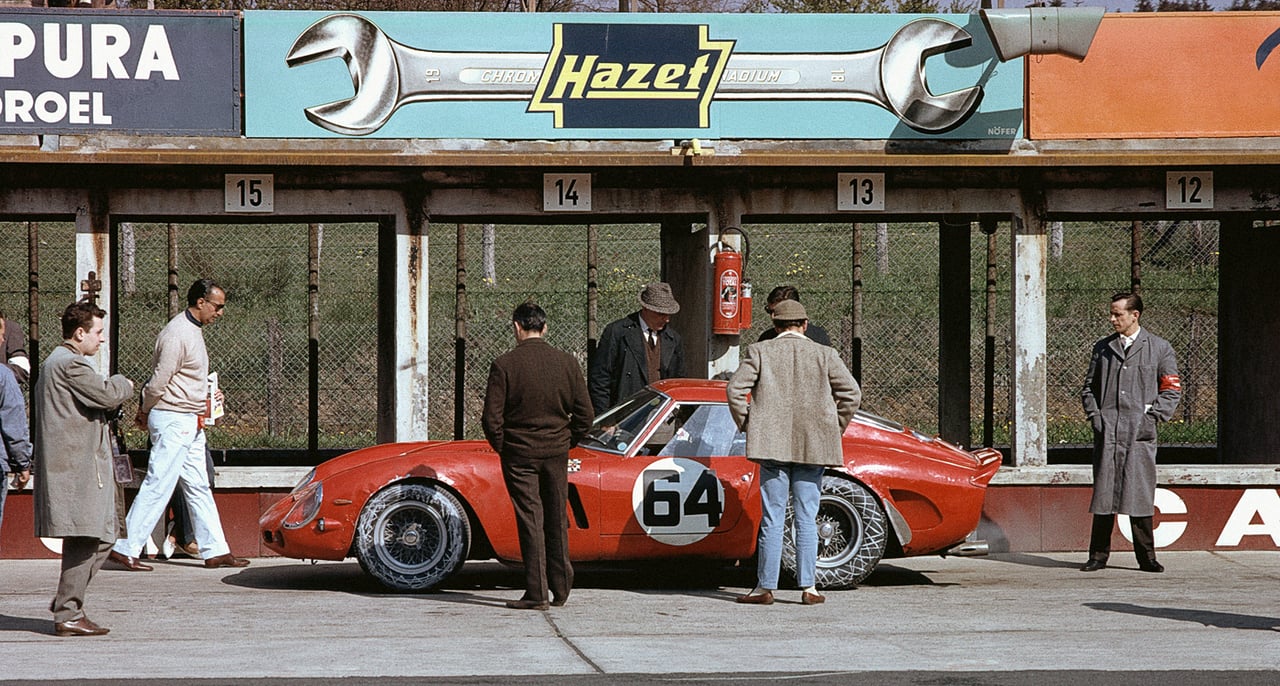
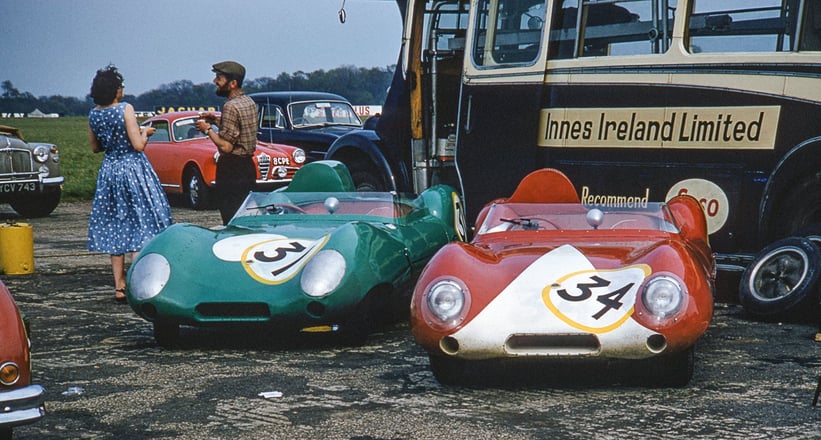
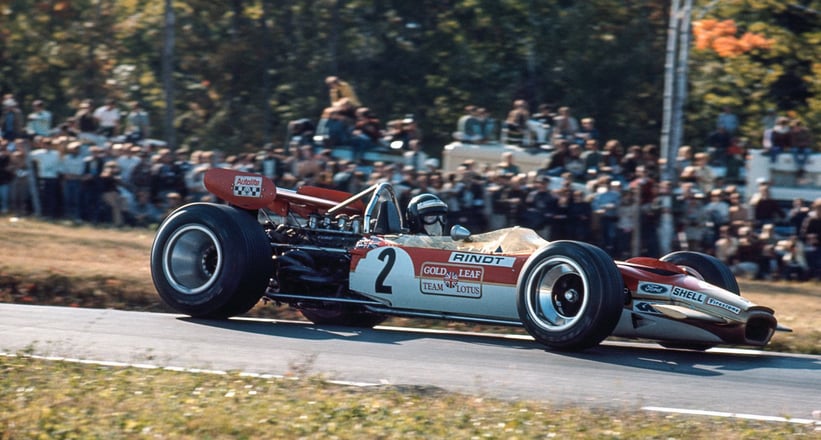
It’s small wonder, then, that the imagery in Gasoline & Magic provides a fascinating insight into both how motorsport was, and how it has changed, almost beyond recognition. In addition to the book, Horat is presenting a selection of his archive photos at a dedicated exhibition called “Vrooooaaammm”, taking place at the Museum im Bellpark in Kriens, Switzerland, until 8 November 2015. We often wish we could go back, albeit for just a few hours on a Sunday afternoon...
Photos: www.motorsportfriends.ch

















